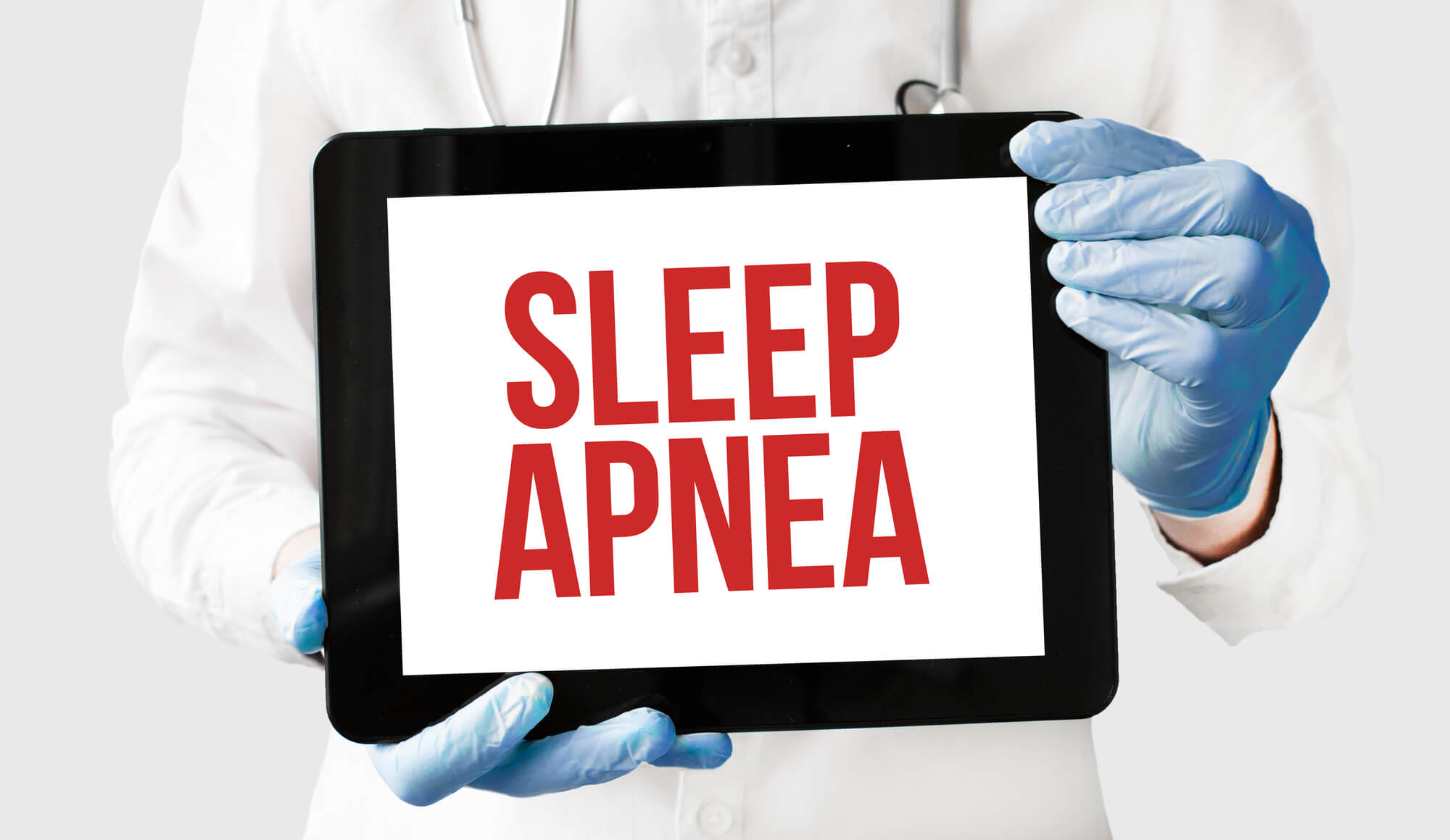Sleep-related breathing issues in Las Vegas are a commonly misunderstood sleep disorder that affects millions of individuals worldwide. Despite its prevalence, many people remain unaware of its potential health consequences. By increasing awareness and understanding of this silent sleep disorder, we can help individuals seek appropriate care and regain restful sleep for improved overall health and well-being.
What is Sleep Apnea?
Sleep apnea is a sleep disorder characterized by repeated interruptions in breathing during sleep. These interruptions, known as apneas, can occur due to a partial or complete obstruction of the airway, leading to decreased oxygen levels in the body. There are three main types of sleep apnea:
1. Obstructive Sleep Apnea (OSA)
Obstructive sleep apnea is the most common form of sleep apnea. It occurs when the muscles in the throat relax, causing the airway to collapse or become partially blocked. This results in interrupted breathing and often leads to loud snoring, gasping, or choking during sleep.
2. Central Sleep Apnea (CSA)
Central sleep apnea is less common and occurs when the brain fails to send proper signals to the muscles responsible for breathing. Unlike obstructive sleep apnea, there is no physical obstruction in the airway, but the brain’s inability to initiate breathing leads to pauses in respiration.
3. Complex Sleep Apnea Syndrome (Mixed Apnea)
Complex sleep apnea syndrome, also known as mixed apnea, is a combination of obstructive and central sleep apnea. Individuals with complex sleep apnea syndrome experience a mix of symptoms from both types.
What Are the Symptoms of Sleep Apnea?
Sleep apnea can manifest in various ways, and its symptoms may differ among individuals. Common signs and symptoms of sleep apnea include:
- Loud and Chronic Snoring
Snoring, particularly loud and chronic snoring, is often associated with sleep apnea. It is caused by the partial obstruction of the airway during sleep.
- Pauses in Breathing
Witnessed episodes of pauses in breathing during sleep, often accompanied by choking or gasping sensations, can be indicative of sleep apnea.
- Excessive Daytime Sleepiness
Sleep apnea disrupts normal sleep patterns, leading to inadequate rest and excessive daytime sleepiness. Individuals may struggle to stay awake during the day, even after a full night’s sleep.
- Morning Headaches
Waking up with frequent headaches, especially in the morning, can be a symptom of sleep apnea. These headaches are often due to oxygen deprivation during sleep.
- Fatigue and Lack of Energy
Sleep apnea can leave individuals feeling fatigued, lacking energy, and experiencing a general sense of tiredness throughout the day.
- Poor Concentration and Memory Issues
Inadequate sleep caused by sleep apnea can affect cognitive function, leading to difficulties with concentration, memory, and overall mental performance.
- Irritability and Mood Changes
Sleep deprivation due to sleep apnea can contribute to irritability, mood swings, and even depression.
Seeking Diagnosis and Treatment
If you suspect that you or a loved one may have sleep apnea, it’s important to seek proper diagnosis and treatment. Sleep apnea diagnosis typically involves a sleep study conducted in a sleep laboratory or using a portable home sleep test.
These tests monitor various factors during sleep, such as breathing patterns, oxygen levels, and brain activity.
Treatment options for sleep apnea depend on the severity and type of apnea. They may include:
Continuous Positive Airway Pressure (CPAP) Therapy
CPAP therapy involves wearing a mask that delivers a continuous flow of air to keep the airway open during sleep. This is one of the most common and effective treatments for sleep apnea.
Oral Appliance Therapy
Oral appliances, such as mandibular advancement devices, can be used to help reposition the jaw and tongue, keeping the airway open during sleep. These devices are custom-made and fitted by dental professionals.
Lifestyle Changes
Certain lifestyle modifications, such as maintaining a healthy weight, regular exercise, avoiding alcohol and sedatives, and sleeping on your side, may help alleviate mild cases of sleep apnea.
Surgery
In some cases, surgery may be recommended to address physical obstructions in the airway and improve breathing during sleep. Surgical options vary depending on the individual’s specific needs and may involve removing excess tissue, repositioning the jaw, or correcting nasal abnormalities.
The Importance of Seeking Treatment
It is crucial to recognize the importance of seeking treatment for sleep apnea. Untreated sleep apnea can lead to various health complications and significantly impact your overall well-being. Here are some reasons why seeking treatment is essential:
Improved Sleep Quality and Daytime Functioning
Addressing sleep apnea through proper treatment can greatly improve your sleep quality. By ensuring uninterrupted breathing during sleep, you can wake up feeling more refreshed and energized. With better sleep, you’ll experience improved daytime functioning, increased alertness, and enhanced cognitive performance.
Reduced Risk of Health Conditions
Sleep apnea has been linked to an increased risk of several health conditions, including high blood pressure, heart disease, stroke, type 2 diabetes, and even certain cancers. By treating sleep apnea, you can potentially reduce the risk of developing these serious health issues and improve your long-term well-being.
Enhanced Cardiovascular Health
Sleep apnea places extra strain on the cardiovascular system due to repeated drops in oxygen levels and increased blood pressure during apnea episodes. By managing sleep apnea, you can alleviate this strain and reduce the risk of cardiovascular complications, including heart attacks, arrhythmias, and heart failure.
Do You Have Sleep Apnea in Las Vegas?
Remember, everyone’s journey with sleep apnea is unique, and finding the right treatment approach may require professional guidance. Consult with a healthcare professional, sleep specialist, or dentist experienced in sleep medicine to determine the most suitable treatment options based on your specific needs.
Take control of your sleep apnea and prioritize your health and well-being. Seek the necessary treatment and make restful sleep a priority in your life. You deserve to wake up feeling refreshed, rejuvenated, and ready to embrace each day with vitality.
Contact Dee for Dentist today to schedule a consultation and explore the available sleep apnea treatment options. Our compassionate team is dedicated to helping you achieve restful sleep and optimal health.



